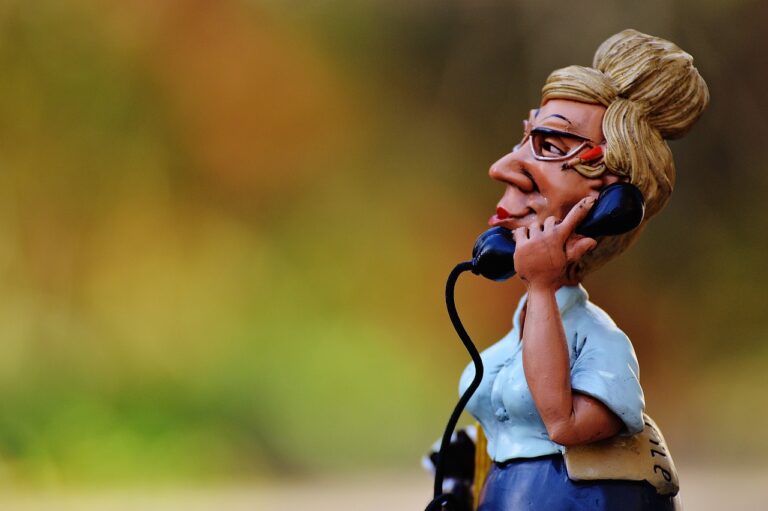Game Shows and Social Justice: Addressing Equity and Representation in Competition
cricketbet999, 11xplay online id, betbhai9: Game shows have been a staple of television programming for decades, providing entertainment and competition for viewers of all ages. However, as society becomes more aware of issues surrounding social justice, it is essential to consider how game shows can address equity and representation in their competitions.
Representation matters, both on and off-screen. When contestants on game shows come from diverse backgrounds and experiences, it not only reflects the real world but also provides a more engaging and inclusive viewing experience for audiences. Additionally, ensuring that all contestants have an equal opportunity to succeed in the game is crucial for promoting fairness and equity.
Here are some ways game shows can address equity and representation in their competitions:
Celebrating Diversity in Casting
One of the most straightforward ways to promote equity and representation in game shows is by casting a diverse group of contestants. This includes individuals from different racial and ethnic backgrounds, genders, sexual orientations, abilities, and socioeconomic statuses. By featuring a wide range of participants, game shows can help dismantle stereotypes and showcase the talent and skill of individuals from all walks of life.
Ensuring Fair and Inclusive Challenges
Game shows must also ensure that their challenges and competitions are fair and inclusive for all contestants. This means creating games that do not advantage or disadvantage certain individuals based on factors like physical ability or cultural background. By designing challenges that rely on a diverse set of skills and knowledge, game shows can give every contestant a fair shot at success.
Providing Support and Resources
In addition to promoting diversity in casting and designing fair challenges, game shows should also provide support and resources to contestants who may face barriers to participation. This could include offering accommodations for individuals with disabilities, providing language assistance for non-native speakers, or offering mentorship and coaching for contestants from underrepresented communities. By investing in the success of all participants, game shows can create a more inclusive and equitable competition environment.
Addressing Stereotypes and Biases
Game shows have the power to challenge stereotypes and biases through their storytelling and messaging. By featuring diverse contestants in prominent roles and showcasing their talents and accomplishments, game shows can help break down harmful stereotypes and promote more positive representations of marginalized groups. Additionally, game shows can use their platform to address social justice issues directly, raising awareness and sparking meaningful conversations among viewers.
Fostering Community and Connection
Lastly, game shows can play a role in fostering a sense of community and connection among contestants and viewers. By creating a welcoming and inclusive environment for all participants, game shows can help build bridges across cultural divides and bring people together through shared experiences. This sense of community can be a powerful tool for promoting social justice and creating a more equitable society.
In conclusion, game shows have the opportunity to address equity and representation in their competitions by celebrating diversity in casting, ensuring fair and inclusive challenges, providing support and resources, addressing stereotypes and biases, and fostering community and connection. By taking these steps, game shows can contribute to a more inclusive and equitable media landscape that reflects the diversity and richness of the world we live in.
FAQs
1. Can game shows really make a difference in promoting social justice?
Yes, game shows have a significant impact on shaping cultural norms and values. By promoting equity and representation in their competitions, game shows can help challenge stereotypes, foster inclusivity, and promote social justice.
2. How can viewers support game shows that prioritize equity and representation?
Viewers can support game shows that prioritize equity and representation by tuning in, engaging with the content, and advocating for diverse representation both on and off-screen. Additionally, viewers can provide feedback to show producers and networks about the importance of promoting social justice in their programming.
3. What are some examples of game shows that have successfully addressed equity and representation?
Shows like “Jeopardy!” and “The Price Is Right” have made efforts to feature a diverse range of contestants and promote inclusivity in their competitions. Additionally, newer shows like “The Circle” and “Nailed It!” have garnered praise for their diverse casting and representation of different backgrounds and experiences.







